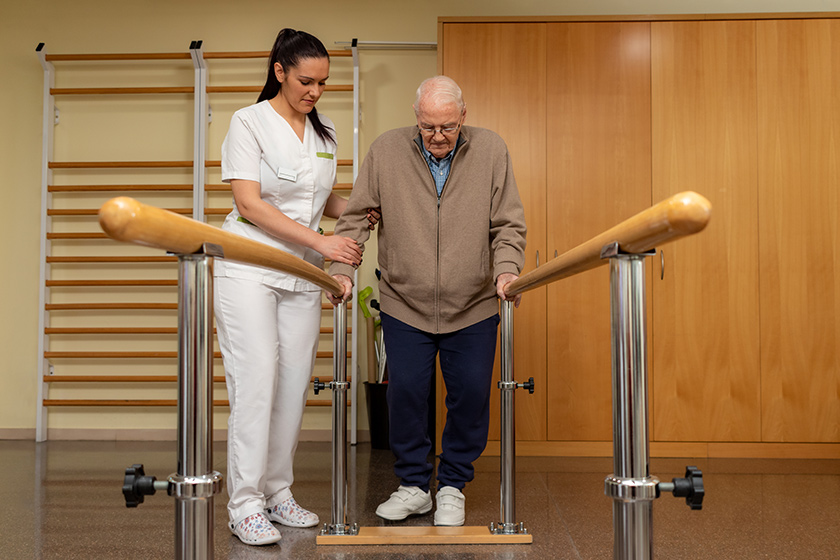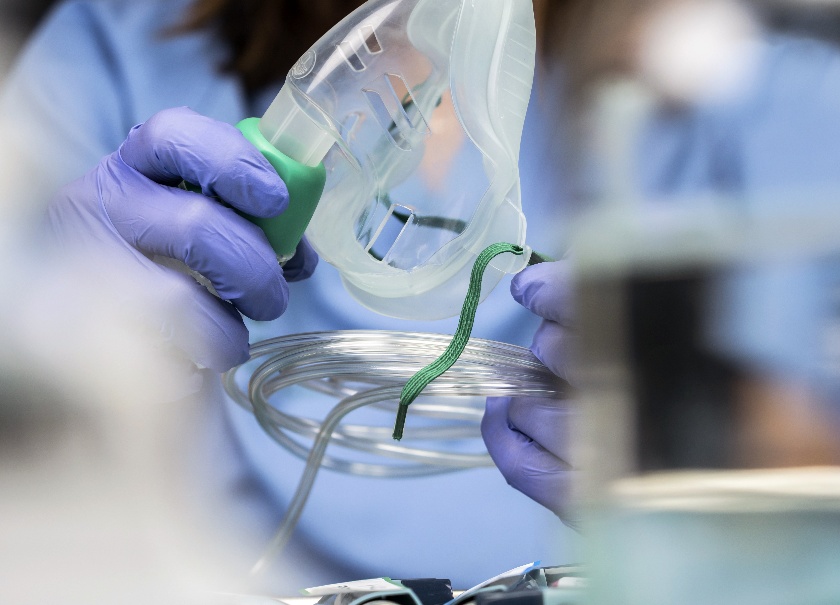Nurse case managers play a critical role in work injury rehab. But how can you ensure a patient recovers as quickly as possible while keeping the medical costs down?
Effective communication is essential in helping patients understand what they can expect from at-work injury rehab so that they'll follow their treatment plans and achieve the best outcomes in a timely manner.
But it's not always easy to navigate the complex dynamics when so many parties are involved. Here's what you need to know to communicate with your patients effectively every step of the way during work injury rehab care.













